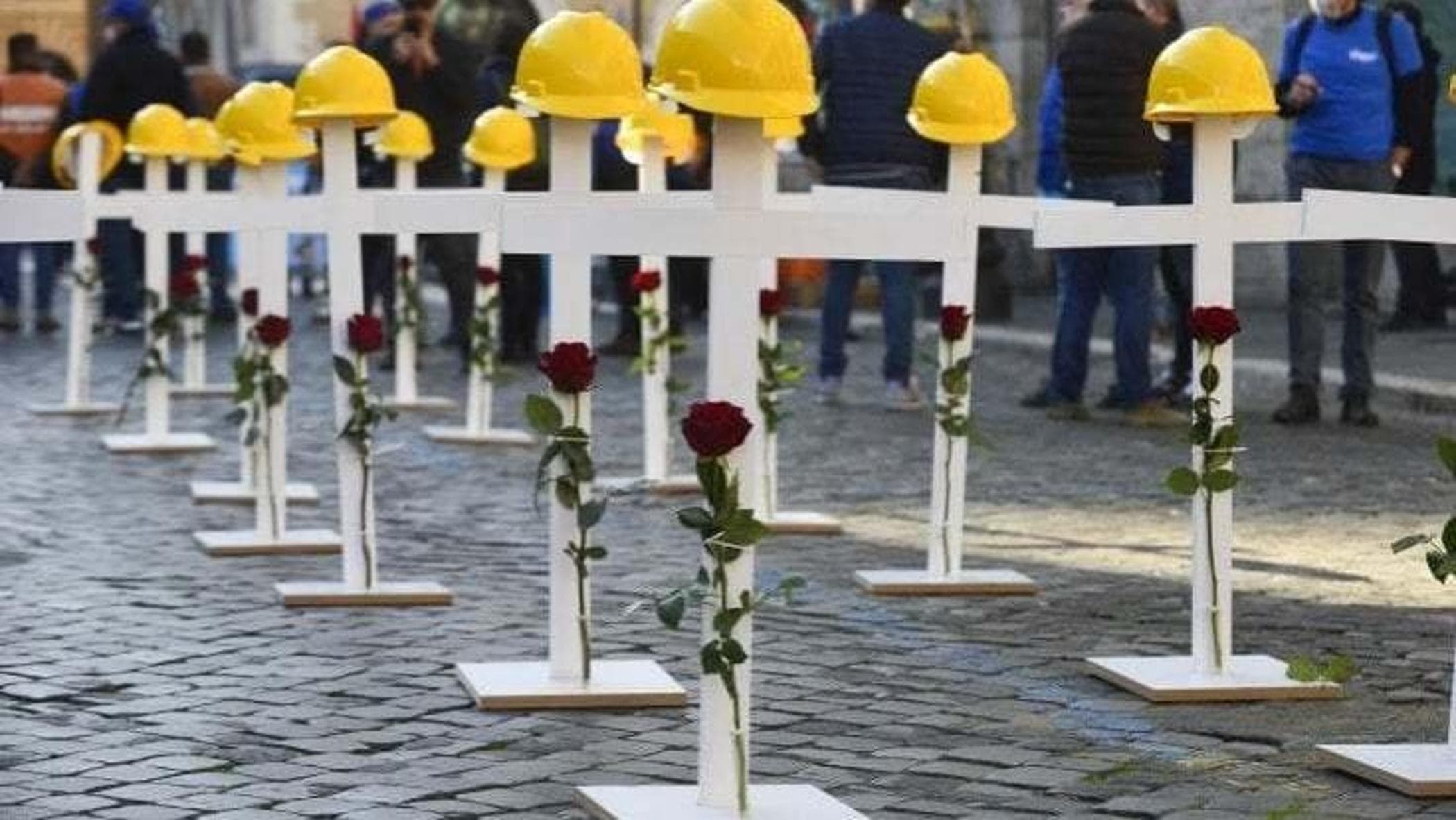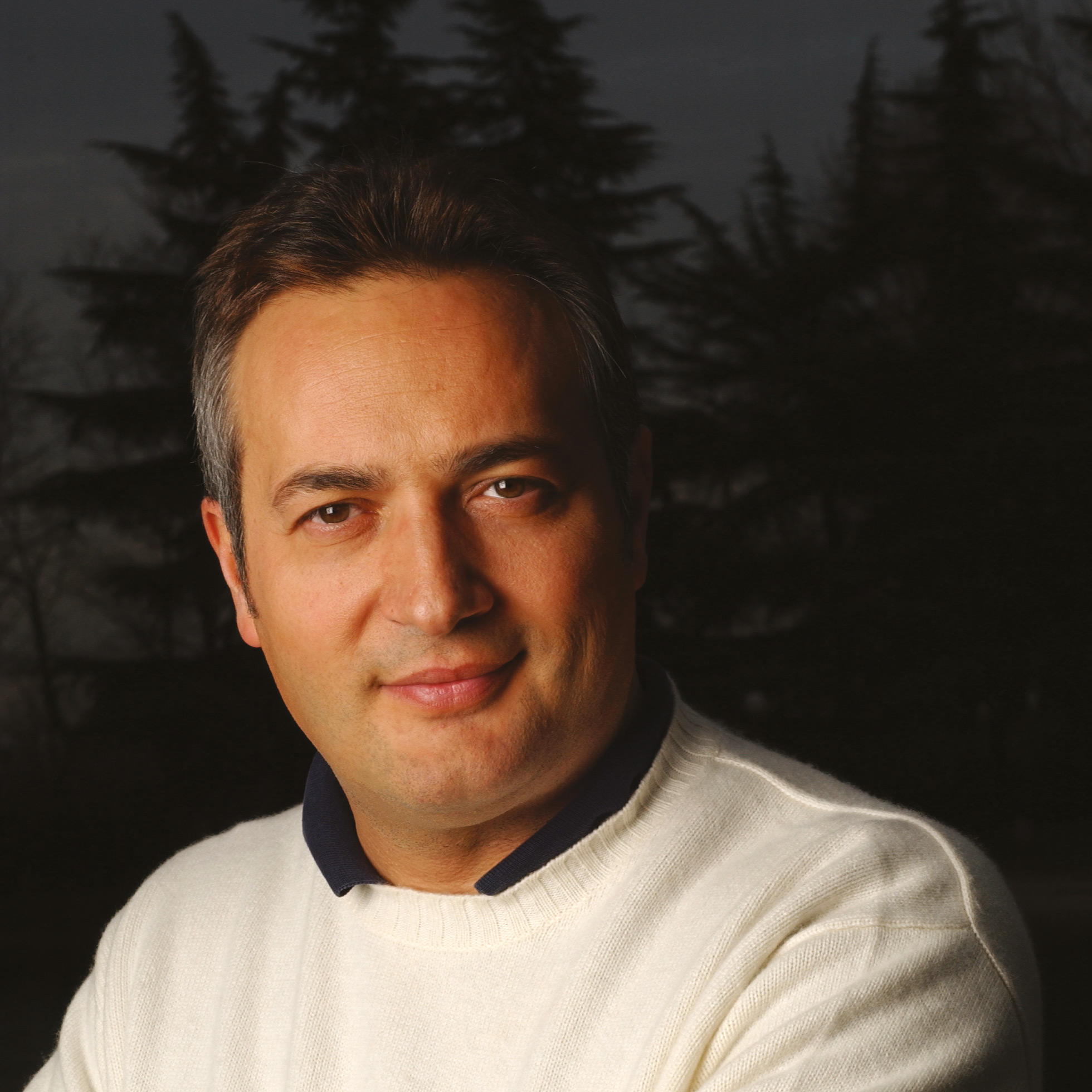First of all, I apologize to the families of the victims, the injured, and the missing from yet another workplace tragedy in Italy if this brief reflection might hurt their sensitivity. They have nothing to do with this; they deserve only respect, affection, and tangible solidarity. But others are indeed involved. Yet every time, the ritual is always the same.
Even in the case of the explosion at the Eni depot in Calenzano, near Florence, with two dead, nine injured, and three missing at the time of writing, the investigation staggers along, pursuing charges of involuntary manslaughter. Everything and nothing. Then the usual routine follows: President Mattarella’s condemnation, the government’s minute of silence, the opposition’s attacks, and those who say, “I told you so.” Unfortunately, the same liturgy persists, without shifting by even an inch the deadly rhythm of this civil tragedy: workplace deaths.
Whether in poorly managed factories, those that disregard all rules, or even those indirectly or directly connected to giants like Enel and Eni, the question remains: why does no one stop Cain, metaphorically representing the evil in a world seemingly plagued by the same old flaws?
Setting aside human error and chance—both of which exist—and beyond the laws, the penalties, and public outrage, all of which also exist but evidently fail to deter anyone, the real issue lies in the lack of consistent and visionary investment in workplace safety and related training.
It is an economic issue, a cultural issue, and a decisive issue for determining whether the right to work is also a guarantee against death. This is a major democratic and constitutional issue.


